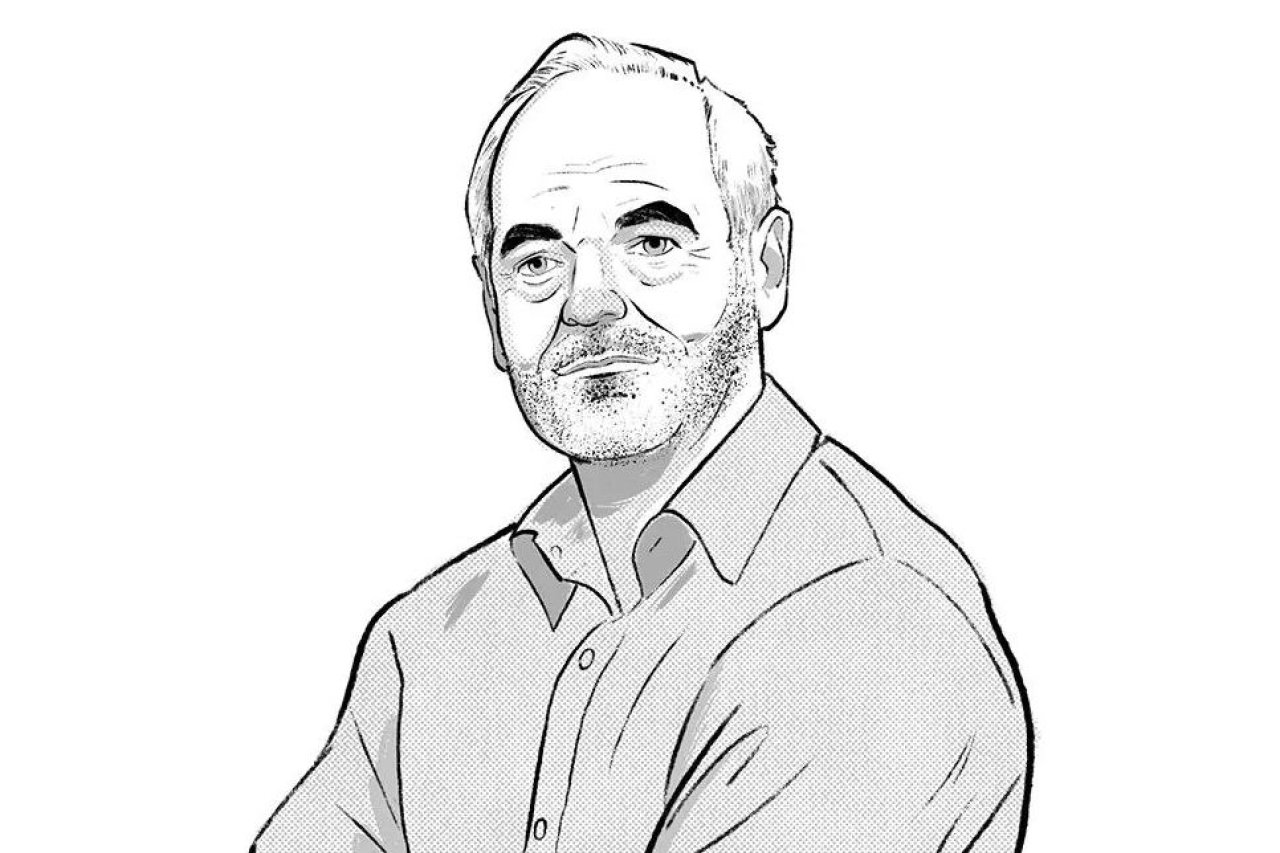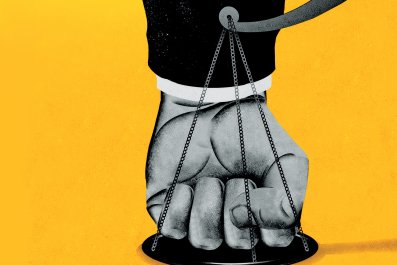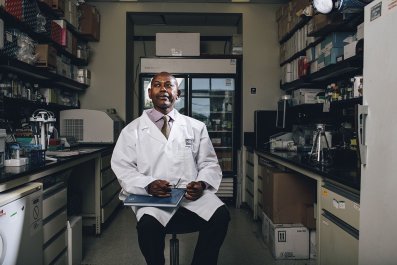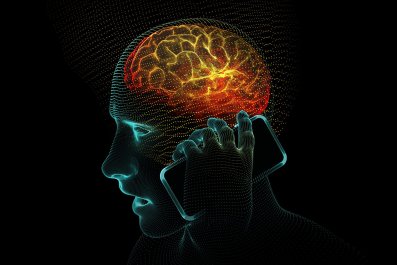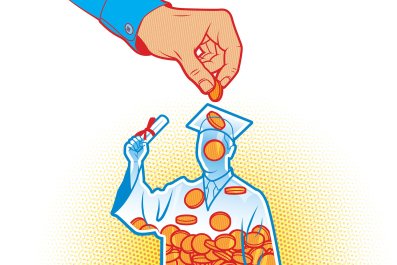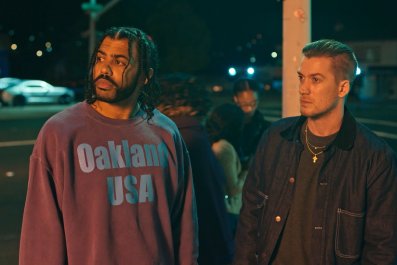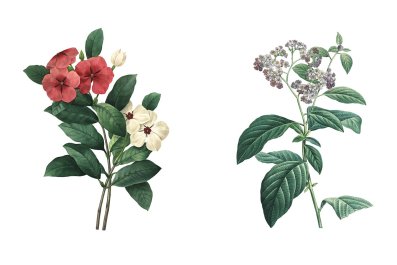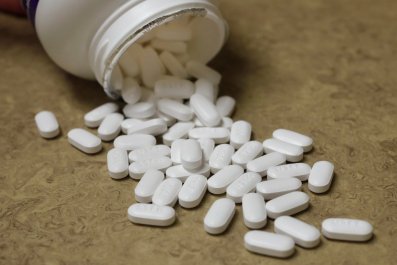Recently, Californians began noticing signs in their local coffee shops: "Chemicals known to the state of California to cause cancer and reproductive toxicity, including acrylamide, are present in coffee, baked goods, and other foods or beverages sold here."
Really? Is nothing sacred? Not even our caffeine fix?
The apparent culprit is acrylamide, which occurs naturally during the brewing process. At high doses, the chemical has been known to cause cancer in mice. The real culprit, experts say, is overzealous signage.
Warning signs can often be more harmful than the supposed carcinogens, says David Spiegelhalter, professor of public understanding of risk in the Statistical Laboratory at the Center for Mathematical Sciences at the University of Cambridge. (This interview has been edited for length and clarity.)
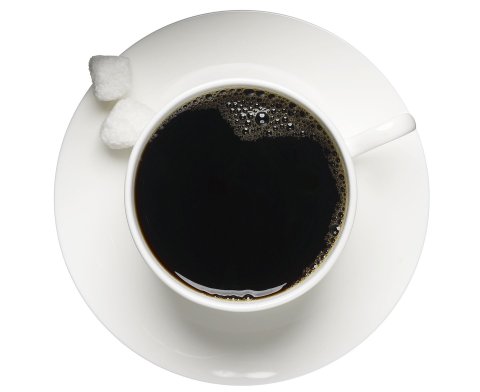
Should we be worried that coffee is a carcinogen?
The late statistician Hans Rosling said that we need to distinguish between what sounds frightening and what is actually dangerous. What this means is that the mere fact that something could be carcinogenic—or cause cancer—is not in itself reason to worry about it. We have to consider magnitudes.
The acrylamide in coffee has got the potential to be carcinogenic at very high doses. At the levels that people drink coffee, there's no evidence that it would cause cancer. Even the [Environmental Protection Agency's] assessment of the carcinogenic potential of the acrylamide in coffee suggests it's at such a low risk, it's not worth concern.
What's the overall impact of coffee on your health—acrylamide and all?
The overwhelming evidence at the moment is that it's good for you. You could argue that those signs in California, if they are stopping people from drinking coffee, are harming more than benefiting people's health.
Do we have any idea what percentage of cancer cases have anything to do with food choice?
The U.K. countries say that potentially 40 percent are preventable by lifestyle changes [including quitting smoking, reducing alcohol consumption and avoiding certain chemicals in foods]. And that includes exercise. It's well-established that obesity increases the risk of cancer.
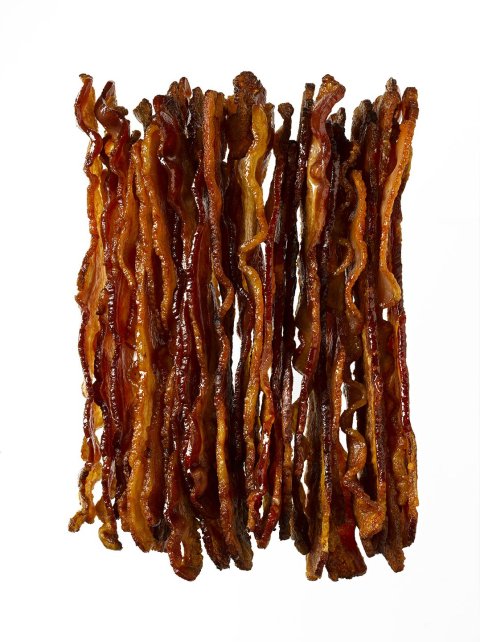
Are there foods you personally avoid because of the risks of cancer?
Let's use bacon, which I love, as an example. Bacon is a carcinogen—a Class 1 carcinogen, in the same category as cigarettes—but that doesn't mean it causes the same harm as cigarettes; it means that the evidence that it's carcinogenic is of the same quality as the [evidence that] cigarettes [are carcinogenic].
The best way to put it in perspective is to ask: What does it mean for 100 people? If 100 people don't eat bacon sandwiches, six will get bowel cancer. And if those 100 people eat a bacon sandwich every single day of their lives, then seven will get bowel cancer.
So I don't eat bacon every day or even every week. But I'm not going to stop eating it. How would you advise people to evaluate warnings?
With deep skepticism, especially those that claim links between dire outcomes and routine daily exposure. I call them "cats cause cancer" stories, and journalists love them.
Any time you see a headline saying something increases the risk, take no notice of it—unless they can actually prove it's dangerous rather than simply frightening.
What's wrong with a warning that something might be carcinogenic—better safe than sorry, right?
I find signs like the ones in California very harmful because they make people dismissive of real health warnings—such as exercising more, having a better diet, cutting down on drinking, not smoking. That kind of advice is extremely valid and valuable, and we should all pay attention to it. The stupid warnings only damage the reputation of good health advice.


